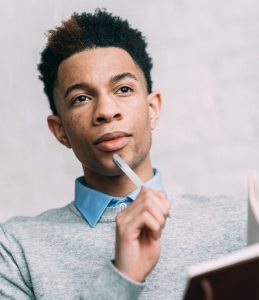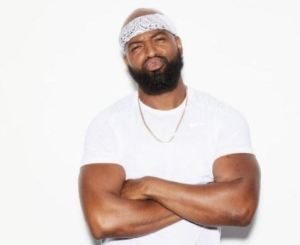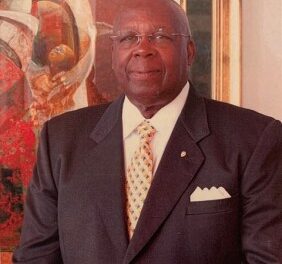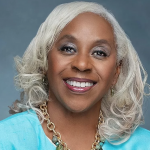By Maya Pottiger,
Word in Black
Spend some time online and it might start to seem like everyone talks to a psychologist or therapist, especially with the new surge of app-based doctors making it easier to fit appointments into your schedule.
Though things are getting better, psychology and mental health are still taboo topics or surrounded by skepticism in Black and Brown communities.
The main solution? Experts say the key is early exposure.
Men of all races and ethnicities are missing from the psychology field in general. Women are school psychologists at a rate more than 600% higher than men, according to the National Association of School Psychologists’ (NASP) 2020 member survey.
But for boys in school, especially Black boys, that representation might be non-existent. The 2020 NASP survey found that only four percent of full-time school psychologists were Black in 2020, compared to 86% White.
Representation is about more than “putting the face in the place,” Kendell Kelly, a doctoral student in the School Psychology Program at Texas Woman’s University in Denton, Texas said.
Kelly’s research focuses on the impact of race-related stress on Black male students, as well as the role of Black male school psychologists. And representations about relatability and advocacy, too.
“It’s very important to have somebody who sits at the decision-making table be able to relate,” Kelly said. “You can’t talk about mental health without talking about culture and context.”
Some school districts offer psychology courses in high school, but it’s often too late to interest Black males in the field by that time.
At that point, students already have a “pretty good idea” of what career they want to pursue, Kelly said. The field needs to be integrated into middle school routines because some students must choose a high school based on their career aspirations.
“Show them certain things that they might be interested in to get them interested in the field, whether it’s on a teacher track or psychology track,” she said.
No matter the personal background or niche within the field, U.S. Census Bureau data from 2018 reports that there are twice as many women in the psychology field as men. Of the five percent of Black people who were psychologists in 2018, women accounted for four percent. Black men accounted for the remaining one percent.
Industrial and organizational psychology tend to be more popular among Black men, according to Dr. Kevin Cokley, a professor of educational psychology and African diaspora studies at the University of Texas at Austin.
Cokley said this is perhaps because of the higher salaries due to working within a business context, but traditional gender roles might also be affecting the industry.
“Most people think of psychology as being a profession where you’re helping people address their problems,” Cokley said. “Maybe it’s just part of the gender socialization that oftentimes women are helping and being caretakers.”
Even in school settings, Black men who are K-12 educators often tend to be used as a disciplinary presence at school sites. This takes the focus away from their actual jobs: delivering academic content and supporting student learning.

With the overall lack of visibility in Black men in school psychology, “kids may see the profession in a particular light and not necessarily for what it can or should be,” Malone said, but there is hope that things could change.
After all, even Nickelodeon is making sure kids know the importance of addressing their mental health.
A recent video of cast members from “That Girl Lay Lay” which stars NAACP Image Award-nominated teen hip-hop artist Alaya “That Girl Lay Lay” High, talks about how people focus on their physical health but don’t think about mental health in the same way. Toward the end of the video, Lay Lay said she’s going to try therapy. She’s reminded that “nothing has to be wrong” to validate talking to a therapist.
Whether clips like that will get Black youths interested in the field or not, Cokley said the increased talk about mental health in the Black community can be traced back to openness from celebrities and a younger generation more willing to talk about it.
The shift in culture is one that could lead to more Black male psychologists in schools buildings and in the community.
Help us Continue to tell OUR Story and join the AFRO family as a member – subscribers are now members! Join here!
The post #WordinBlack: Black men are missing from school psychology-that matters appeared first on AFRO American Newspapers .











